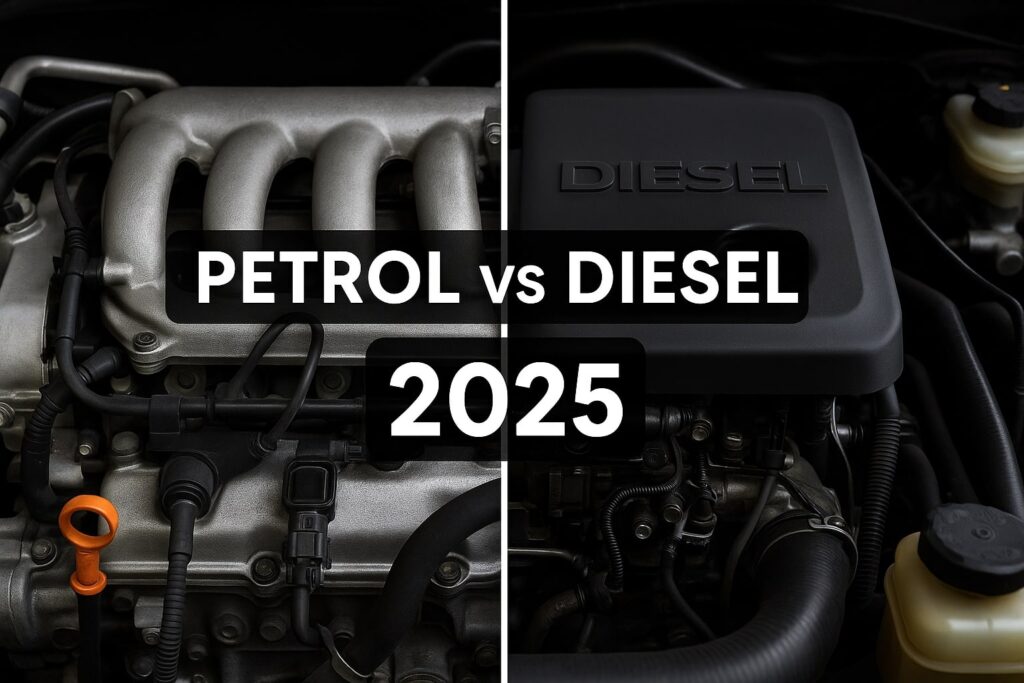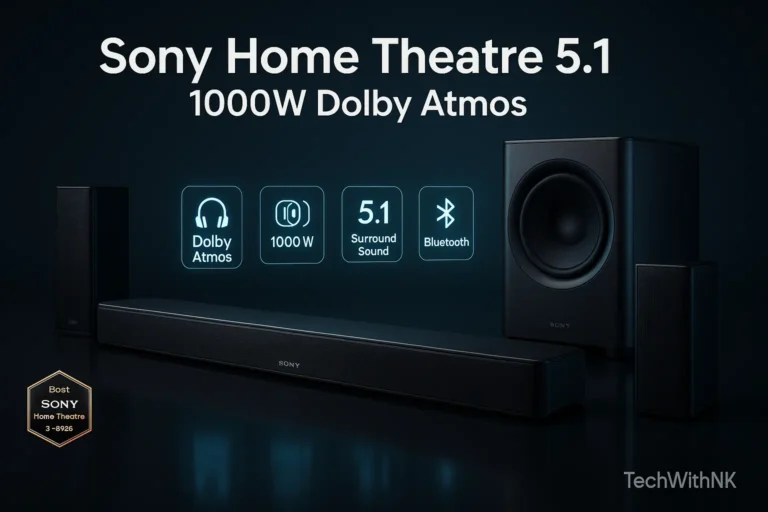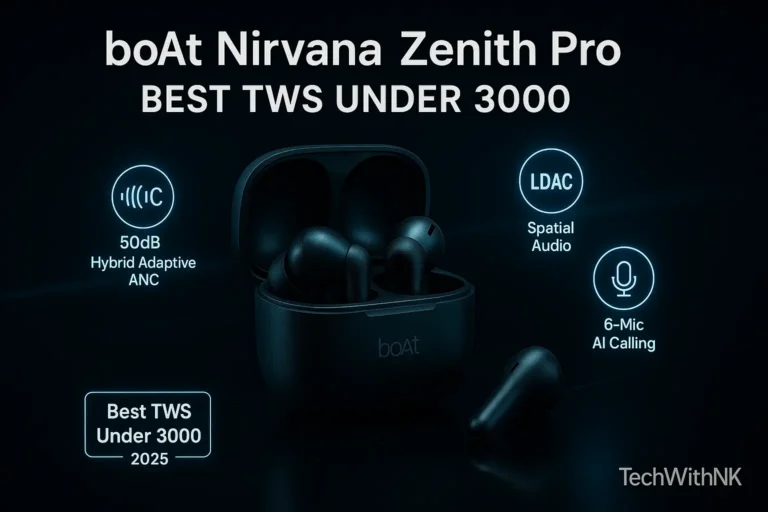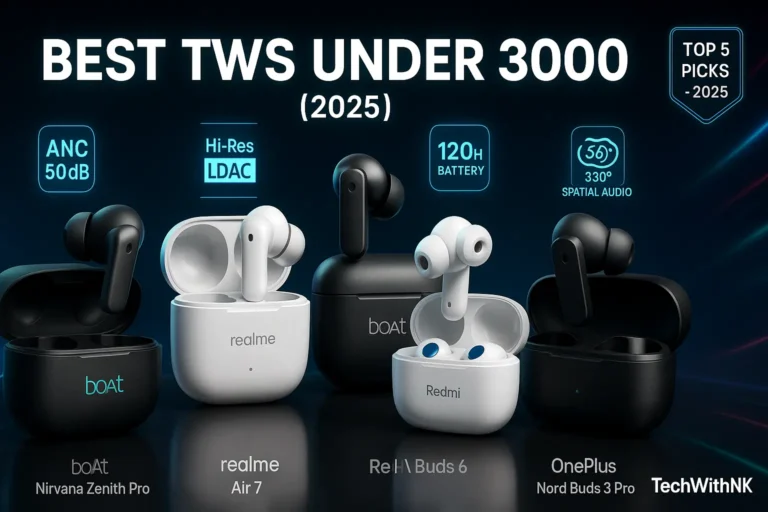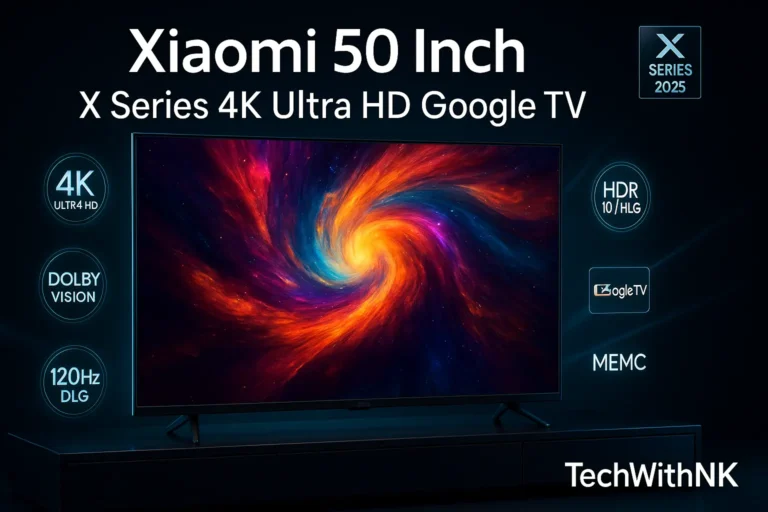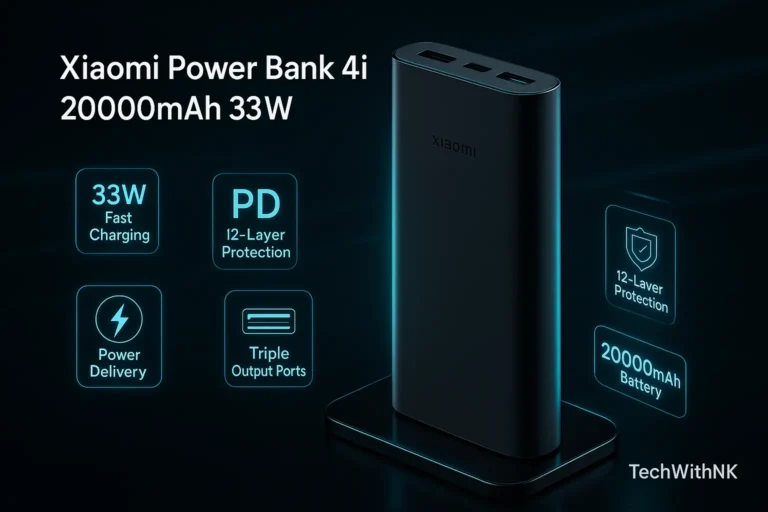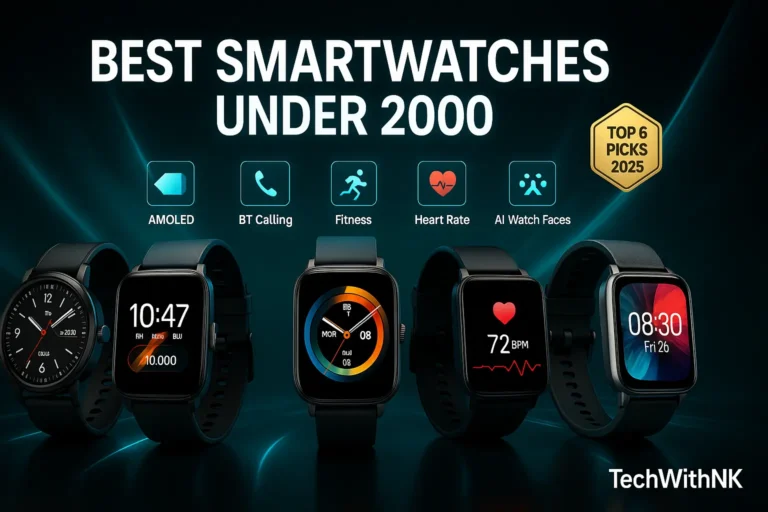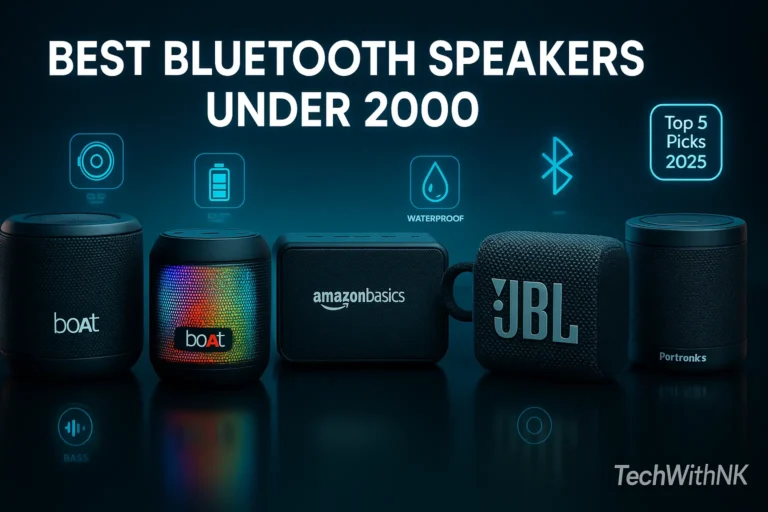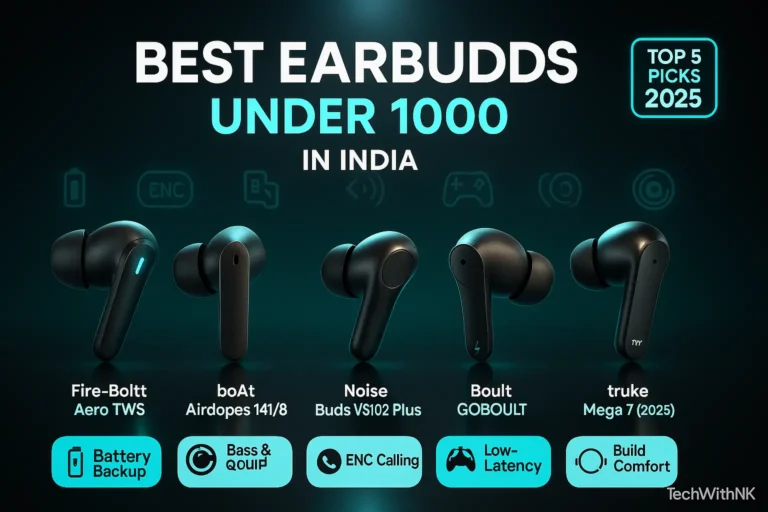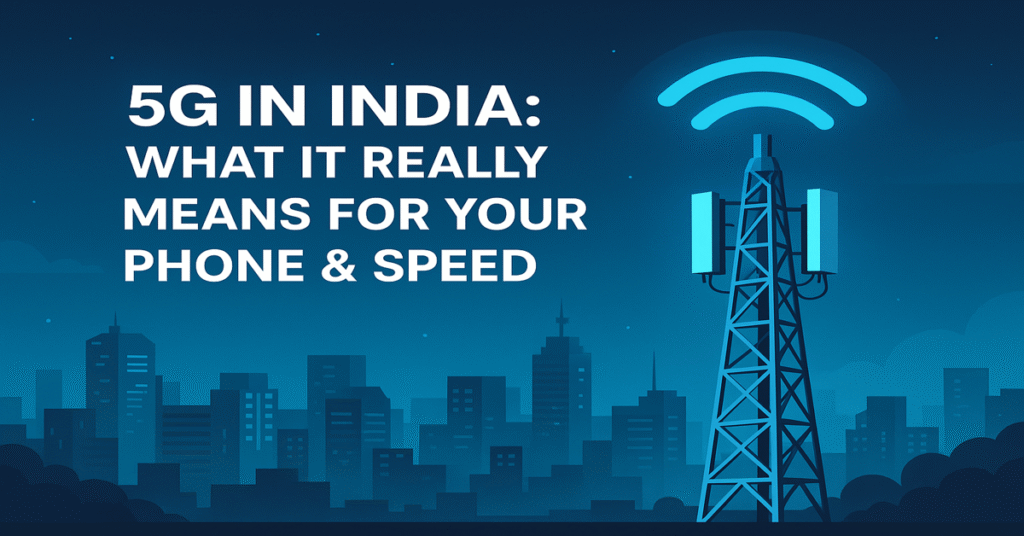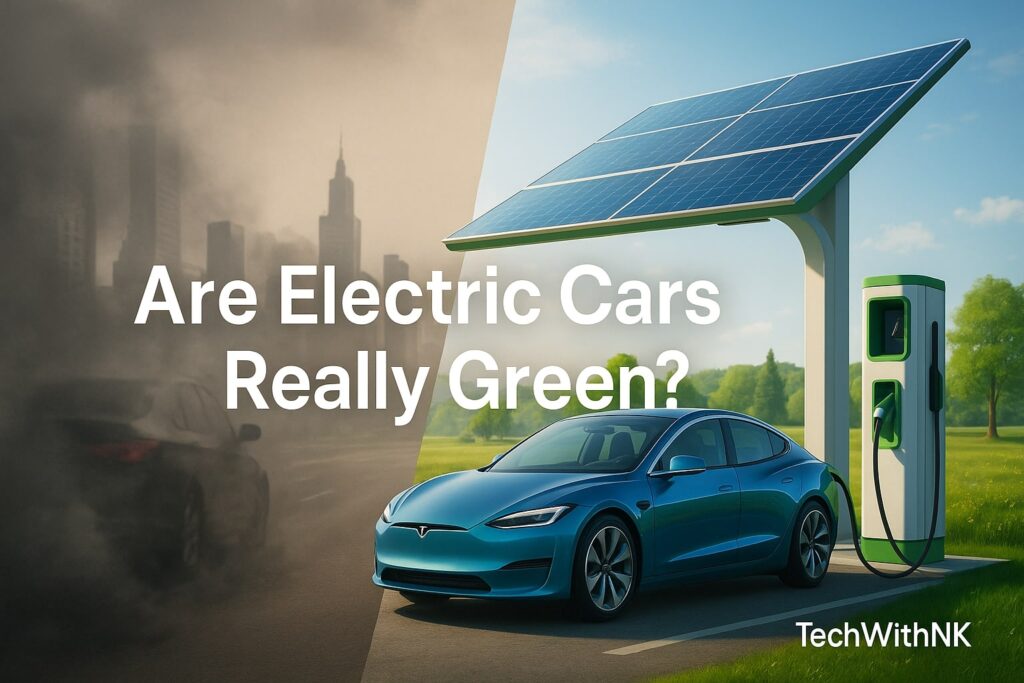Table of Contents
Toggle1. Introduction To Petrol vs Diesel Engines
When buying a new car in 2025, one of the biggest decisions you’ll face is choosing between petrol and diesel engines. While electric vehicles (EVs) and hybrids are gaining popularity, petrol and diesel cars still dominate the market in India and across the globe.
Both engine types have their strengths and weaknesses. Petrol cars are known for being smoother, quieter, and cheaper upfront, while diesel cars offer better fuel efficiency, higher torque, and longevity. But with fuel prices, emission regulations, and technological advancements changing rapidly, the question remains: Which is better for 2025 — petrol or diesel?
This blog provides a detailed comparison of petrol vs diesel engines in 2025, covering everything from working principles, mileage, costs, maintenance, environmental impact, government rules, and future trends. By the end, you’ll know which engine suits your needs best.
2. Evolution of Petrol and Diesel Engines
Petrol Engine Origin: The petrol (gasoline) engine was first developed in the late 19th century by Nikolaus Otto, who invented the four-stroke internal combustion engine in 1876.
Diesel Engine Origin: Rudolf Diesel developed the diesel engine in 1893, designed for higher efficiency using compression ignition instead of spark ignition.
Journey till 2025:
1970s–1990s: Diesel cars became popular in Europe due to better fuel economy.
2000s: Petrol engines improved with fuel injection, turbocharging, and VVT (Variable Valve Timing).
2010s: Stringent emission norms forced diesel cars to adopt expensive technologies like DPF (Diesel Particulate Filter) and SCR (Selective Catalytic Reduction).
2020s: With EVs rising, both petrol and diesel engines evolved with hybridization and better efficiency.
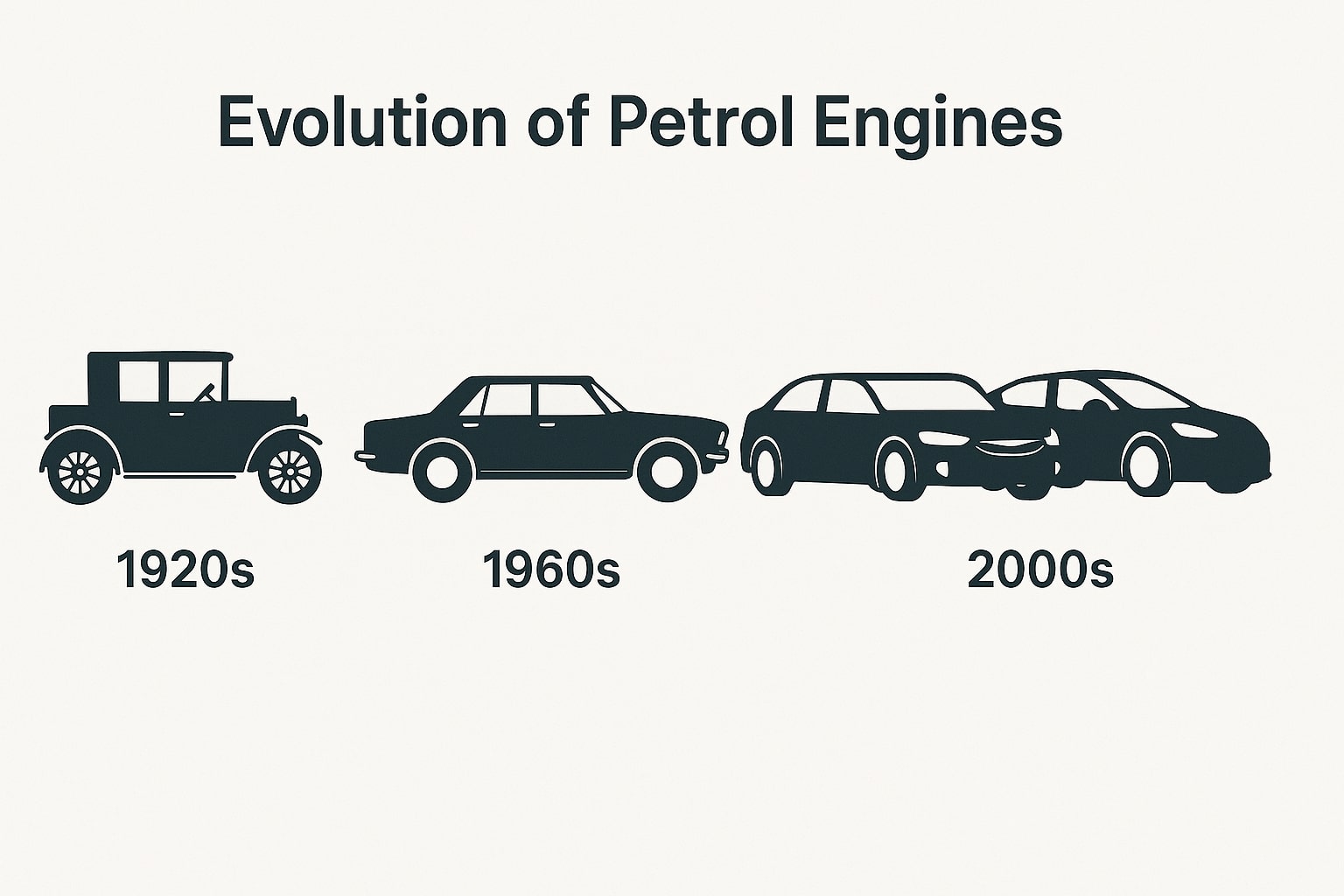
3. How Petrol Engines Work
Petrol engines are spark-ignition internal combustion engines.
Working principle:
Air-Fuel Mixture Intake – Air mixes with petrol in a carburetor/fuel injector.
Compression Stroke – Piston compresses the mixture (lower compression ratio ~9–12:1).
Spark Ignition – Spark plug ignites the mixture.
Power Stroke – Explosion pushes piston, generating power.
Exhaust Stroke – Waste gases are expelled.
Features:
Smoother, quieter operation
Higher RPM (Revolutions Per Minute)
Better acceleration and performance in small cars
4. How Diesel Engines Work
Diesel engines are compression-ignition engines.
Working principle:
Air Intake – Only air enters the cylinder.
Compression Stroke – Air compressed at very high ratios (14–25:1).
Fuel Injection – Diesel injected at high pressure.
Self-Ignition – Heat from compression ignites diesel (no spark plug).
Power Stroke – Strong torque produced.
Exhaust Stroke – Gases expelled.
Features:
Higher torque at low RPM
More fuel-efficient
Durable engines with longer life
5. Key Differences Between Petrol and Diesel Engines
| Feature | Petrol Engine | Diesel Engine |
|---|---|---|
| Fuel Efficiency | Moderate (15–20 km/l in small cars) | Higher (20–28 km/l in hatchbacks/SUVs) |
| Power & Torque | High power, quick acceleration | High torque, good for towing & highways |
| Engine Life | ~2,00,000 km | ~3,00,000+ km |
| Initial Cost | Cheaper | More expensive |
| Maintenance | Cheaper, simpler | Expensive (injectors, turbo, DPF issues) |
| Fuel Cost | Petrol often costlier per litre | Diesel slightly cheaper (varies by region) |
| Noise & Vibration | Smooth, quiet | Louder, more vibration |
| Emissions | Lower NOx, higher CO2 | Higher NOx, particulate matter |
6. Petrol vs Diesel in India (2025 Market View)
Petrol cars dominate small car & city car segment – hatchbacks, compact SUVs.
Diesel cars preferred for SUVs, long-distance drivers, fleet taxis.
With BS6 emission norms, many carmakers discontinued small diesel engines (e.g., Maruti Suzuki stopped offering diesel).
Petrol-hybrid models (Toyota Hyryder, Maruti Grand Vitara) becoming more popular.
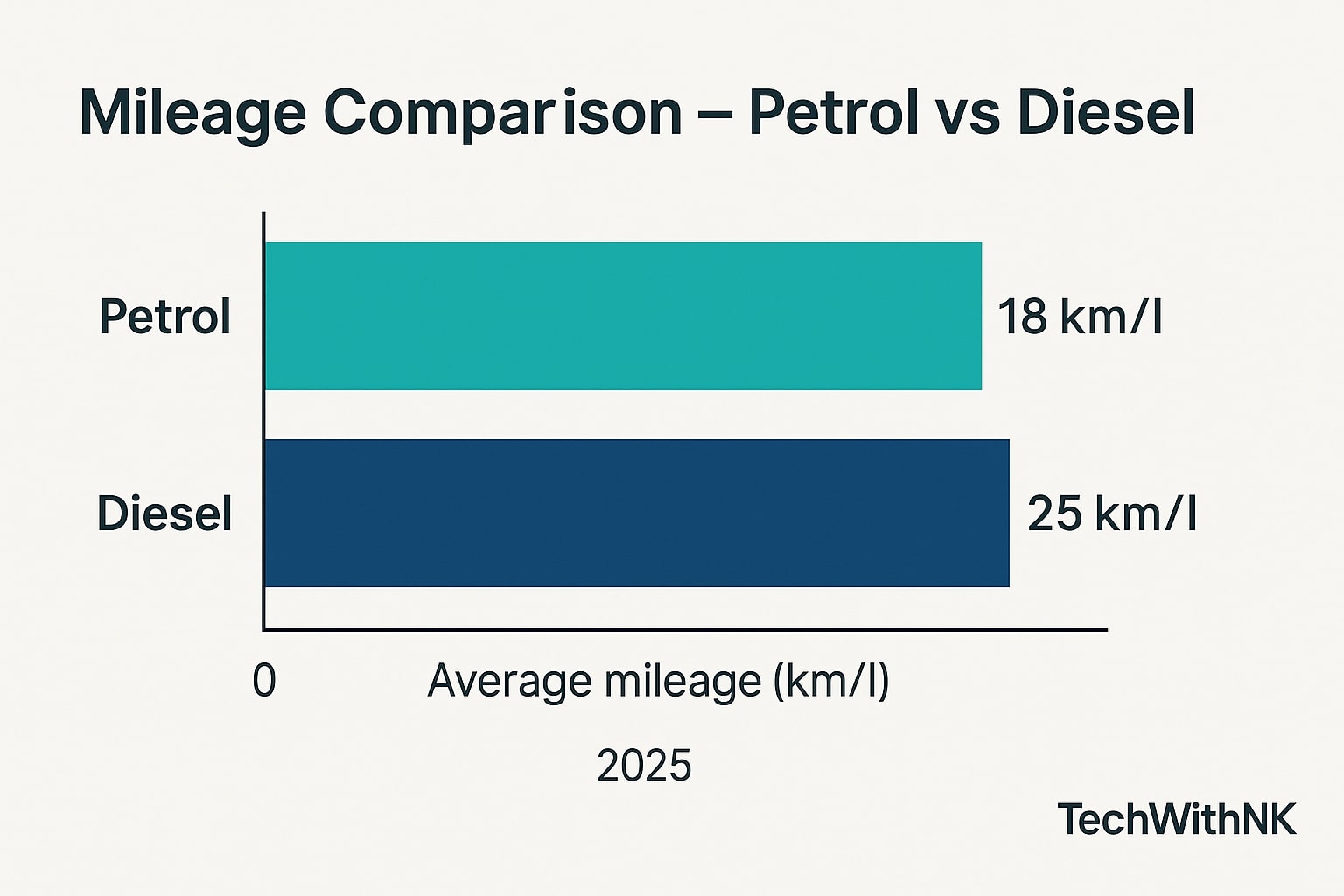
7. Petrol vs Diesel Globally (2025 Trends)
Europe: Diesel losing popularity after “Dieselgate” scandal.
USA: Petrol still dominant, diesel mainly in trucks.
India: Diesel share shrinking, but SUVs keep diesel relevant.
China & Japan: Strong push towards hybrids and EVs.
8. Petrol Cars: Pros and Cons in 2025
Pros:
Lower upfront cost
Quieter and smoother
Cheaper maintenance
Better for city driving
Cons:
Lower fuel efficiency
Petrol prices higher per km
Engine wears faster
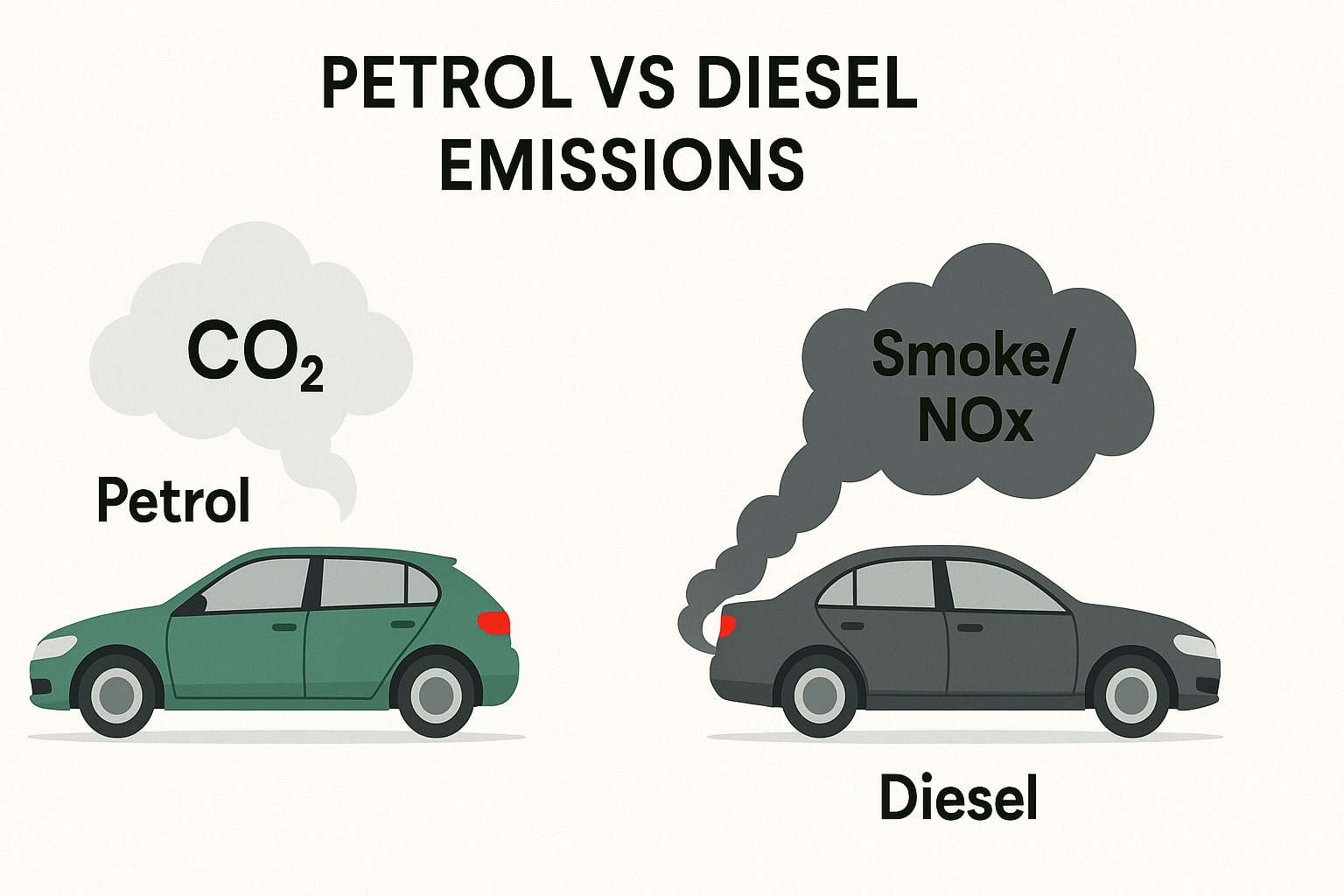
9. Diesel Cars: Pros and Cons in 2025
Pros:
Higher mileage
Strong torque for highways & heavy loads
Longer engine life
Cons:
Higher upfront cost
Expensive maintenance (injectors, DPF)
Higher pollution (NOx, PM)
Government discouraging diesel in future
10. Government Policies & Emission Norms
BS6 Stage II (India, 2023–25): Stricter norms for diesel emissions.
RDE (Real Driving Emissions) testing required.
Some cities may ban old diesel vehicles (10–15 years).
EV push: Both petrol & diesel losing ground gradually.
11. Petrol vs Diesel Cost Analysis (2025)
Example: Compact SUV in India (2025)
Petrol SUV Price: ₹12 lakh
Diesel SUV Price: ₹14 lakh
Mileage Petrol: 16 km/l
Mileage Diesel: 21 km/l
Petrol price: ₹105/litre
Diesel price: ₹92/litre
Ownership after 1,00,000 km
Petrol fuel cost: ~₹6.56 lakh
Diesel fuel cost: ~₹4.38 lakh
Savings: ₹2.18 lakh → but diesel car cost ₹2 lakh more → break-even only after ~1,00,000 km.
So for city drivers with <50 km/day, petrol is better. For highway drivers/taxis, diesel pays off.
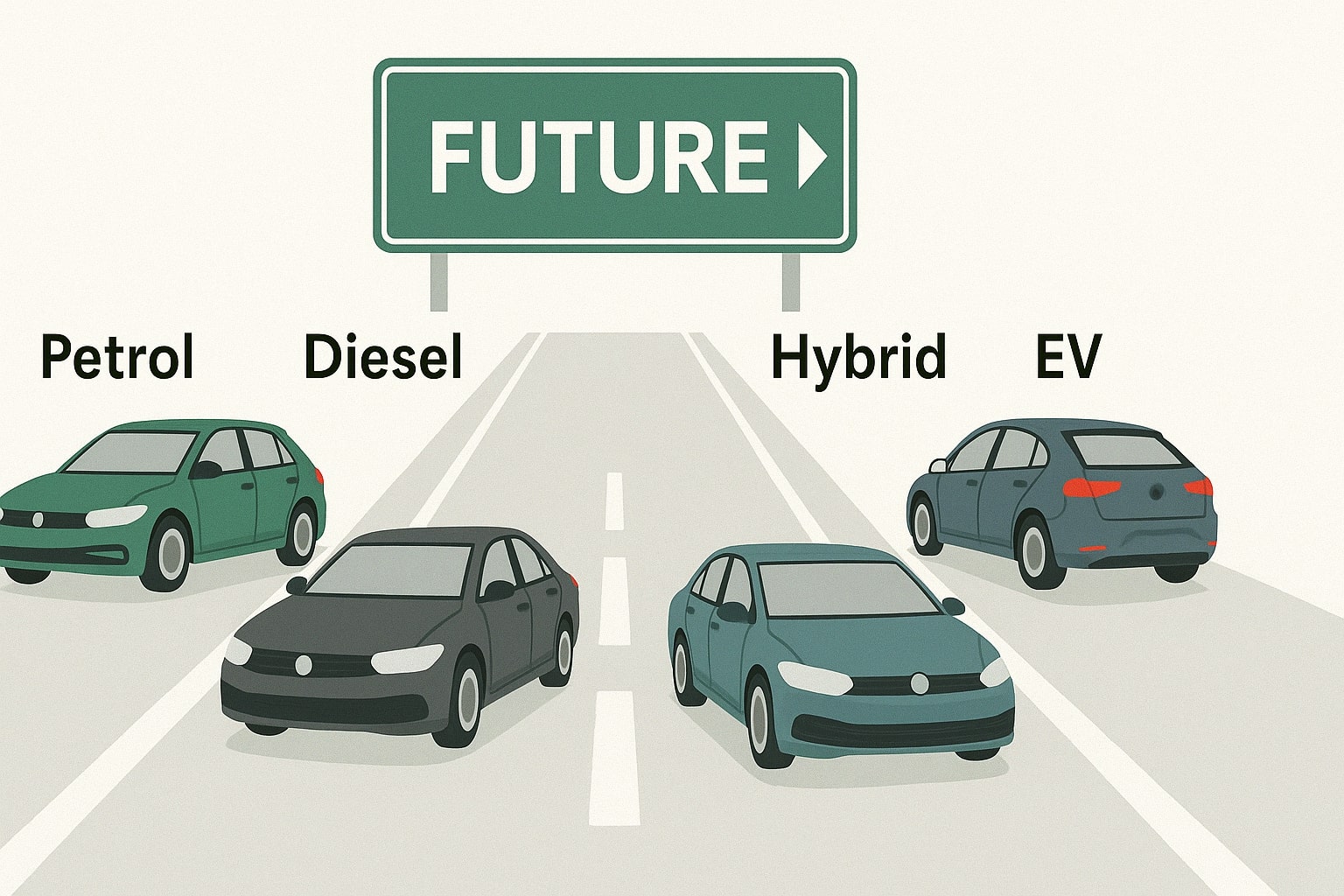
12. Case Study: Popular Petrol vs Diesel Car Models in 2025
Hyundai Creta 2025 – Petrol (1.5L NA, 1.5L Turbo) vs Diesel (1.5 CRDi)
Kia Seltos 2025 – Petrol more popular, but diesel chosen for long-distance.
Toyota Innova HyCross – Petrol-hybrid replacing diesel Innova Crysta in many cities.
13. Future of Petrol and Diesel Engines
Mild Hybrid & Strong Hybrid cars will dominate before full EV shift.
Diesel may survive in trucks & SUVs, but shrink in cars.
Petrol may remain longer due to hybrids.
By 2030, EV share will rise sharply, but in 2025 petrol/diesel still matter.
14. Expert Recommendations: Which Should You Buy in 2025?
City User (<40 km/day): Petrol or Petrol-Hybrid
Highway User (long drives, 20,000+ km/year): Diesel still makes sense
SUV/Commercial Fleet: Diesel engine practical for torque and efficiency
Eco-conscious buyer: Petrol-hybrid better than diesel
15. Conclusion
In 2025, the petrol vs diesel debate is no longer about just mileage—it’s about cost of ownership, maintenance, government policies, and future readiness.
Petrol cars are cheaper, smoother, and city-friendly.
Diesel cars are efficient, powerful, and long-lasting but face stricter regulations.
Hybrids and EVs are becoming the future solution, combining efficiency with sustainability.
So, the best choice depends on your driving style, yearly mileage, and budget.
Which is more fuel-efficient in 2025: petrol or diesel?
Diesel engines still deliver 20–30% better mileage than petrol.
Are diesel cars being banned in India?
Not banned nationwide, but many cities restrict old diesel cars (>10 years).
Should I buy petrol, diesel, or hybrid in 2025?
Petrol for city drives
Diesel for highways/commercial use
Hybrid for best balance of efficiency & future readiness

